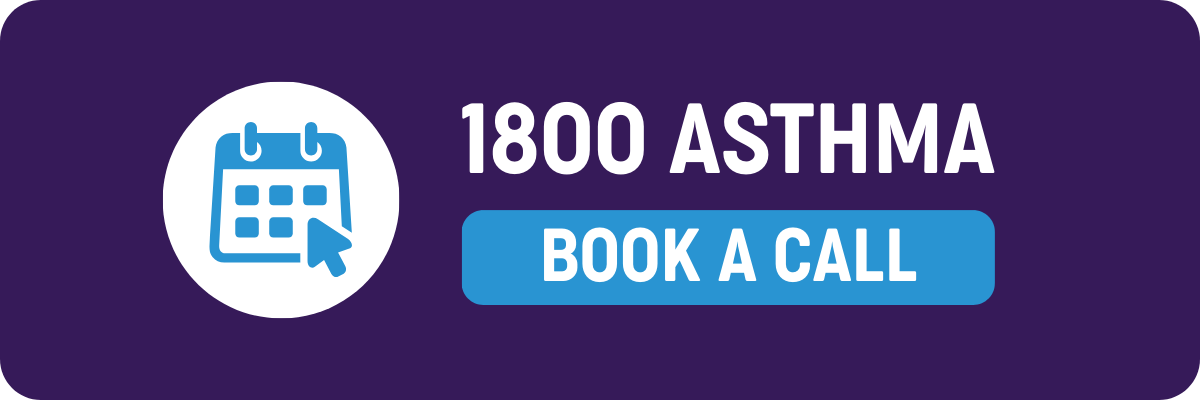Exercise and sport
Do you or your child ever get asthma symptoms during or after sport or exercise?
This is known as Exercise-Induced Bronchoconstriction (EIB) or exercise induced asthma. It may be a trigger for both people with and without asthma.
Having asthma shouldn’t stop you playing sport or taking part in any other activity.
For some people, exercise can trigger the small airways in the lungs to become tight (bronchoconstriction). When this happens, your airways become red and swollen (inflamed) and may become blocked with mucus. This narrows your airways and makes it more difficult for you to breathe. You may get these asthma symptoms during exercise or for up to a day afterwards.
Up to 90% of people with asthma experience exercise as a trigger.
Your doctor can help you to work out whether you need further testing and how to treat your symptoms triggered by exercise. Some of the possible tests include:
- Spirometry: A lung function test known as spirometry can measure how much air your lungs can hold and your lung strength.
- Bronchial Challenge Testing: This is a special test, which attempts to see if your lungs are very sensitive and if your airways become narrow to certain triggers. Bronchial challenge testing is needed if you are involved in competitive sports, especially if you are prescribed medication to control EIB. You will need a referral from your doctor or specialist to have bronchial challenge testing.
There are several different medicines, which may be used alone, or in combination with others to manage your symptoms due to exercise.
As well as seeing your doctor and using your medicines as prescribed, here’s some tips which may help some people with EIB manage their symptoms:
- warm up before exercise
- keep as fit as possible – increasing your fitness helps improve your lung function, so that moderately strenuous exercise may not cause an attack
- avoid exercising in environments with high levels of allergens, pollution, irritant gases or airborne particles
- try breathing through your nose as much as possible while exercising (this will help warm and humidify the air).
Asthma Educators can answer your asthma questions
Book a FREE phone call at a time that works for you or call us direct on 1800ASTHMA (1800 278 462).





 1800 278 462
1800 278 462
